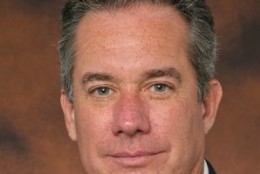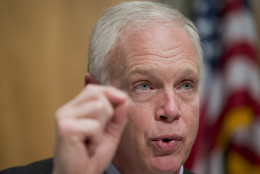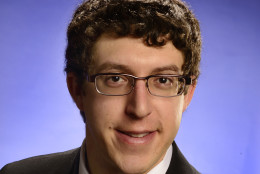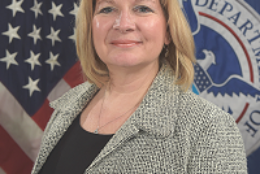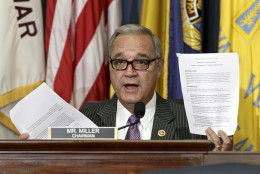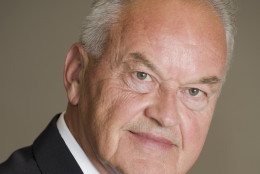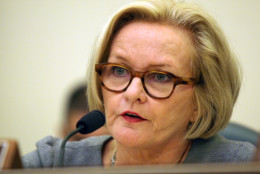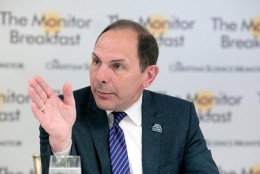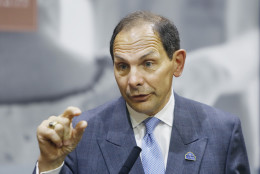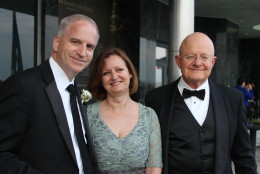Senior Executives Association
-
The National Treasury Employees Union and the Senior Executives Association both said they hope to better educate the new administration and Congress about the federal workforce.
January 06, 2017 -
A provision in the 2017 National Defense Authorization creates new categories of administrative leave: "investigative" or "notice" leave. Employees under an adverse personnel action investigation may stay on leave for 10 work days.
December 08, 2016 -
About 71 percent of senior executives received a performance bonus from their agencies in fiscal 2015, a slight bump over the roughly 68 percent who picked up an award in 2014. A new report from the Office of Personnel Management shows the average award totaled $10,746, nearly $200 more than 2014's average.
November 02, 2016 -
The success of the next president's management agenda will largely depend on having the right senior executives to serve as champions for the administration's goals, as well as the right performance plans to hold them accountable and drive noticeable outcomes. That's the message the Performance Institute, along with a coalition of other federal management organizations, will send to both candidates.
October 17, 2016 -
Agencies are starting to embrace rotational assignments — one of the four main priorities in a recent executive order on the Senior Executive Service — as an opportunity to give SES members new experiences and developmental opportunities.
October 05, 2016 -
The Senior Executives Association named Bill Valdez as the next SEA president. Valdez has been a member of SEA since 2000, served on the board of Directors since 2005 and chaired the board for two years, from 2011 to 2013.
September 20, 2016 -
The House is moving forward on a bill that would shorten the time in which Veterans Affairs employees and senior executives could appeal disciplinary actions and removals. The VA Accountability First and Appeals Modernization Act of 2016 also includes provisions that would change the veterans' appeals process, but the bill is drawing ire from the Obama administration, House Democrats and federal employee groups.
September 13, 2016 -
Should the government have a hangover pill for after the election? Senior Correspondent Mike Causey says there is such a thing and federal workers may need it big time.
August 24, 2016 How will the presidential transition affect you? And what are you likely to face in January? Find out when SEA acting president Jason Briefel joins host Mike Causey on this week's Your Turn program. August 24, 2016
August 23, 2016-
The Senior Executives Association has a new guidebook for SES members who might not have a specific role on an agency transition team as their organization prepares for the upcoming change in administration. Several highly successful executives who have been through the experience before say even career executives have a role to play in the presidential transition.
August 10, 2016 -
The House passed a bill that would change the way agencies discipline and remove federal employees and members of the Senior Executive Service. One provision would put all SES members under the same, expedited disciplinary process that senior executives at the Veterans Affairs Department had until the Justice Department challenged its constitutionality.
July 06, 2016 -
Sen. Claire McCaskill (D-Mo.) wants information from Office of Personnel Management acting Director Beth Cobert about SES members getting multiple performance bonuses in the same fiscal year.
June 16, 2016 -
VA Secretary Bob McDonald said his department is different enough from other federal agencies that a separate personnel system is appropriate for VA senior executives. McDonald also said the department is working on new performance standards to measure veterans' satisfaction with VA medical facilities and the time it takes to receive an appointment.
May 23, 2016 -
At nearly 400 pages, the Veterans First Act, which the Senate Veterans Affairs Committee introduced last week, covers everything from veterans homelessness to more flexible work hours for VA doctors and nurses. But VA's senior executives are still the main target of the legislation.
May 04, 2016 -
The Senior Executives Association honored 43 recipients of the 2015 Presidential Rank Awards at a banquet in Washington April 21. The winners were responsible for saving government more than $121 billion. Director of National Intelligence James Clapper gave the keynote speech.
April 22, 2016

